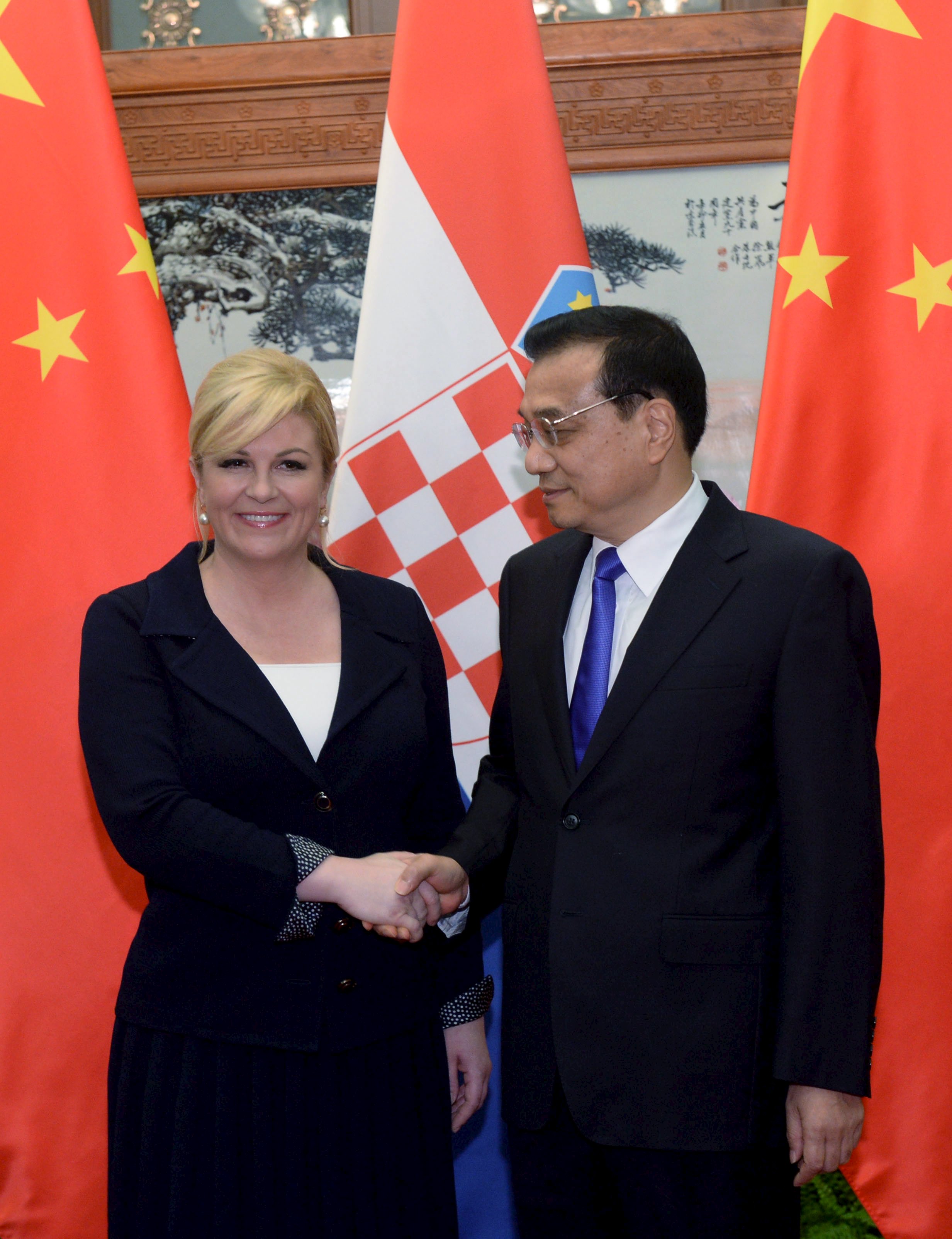China’s Premier Li says achieving growth of around 7pc ‘not easy’
Shanghai, October 17
China’s Premier Li Keqiang said that with the global economic recovery losing steam, achieving domestic growth of around seven per cent is ‘not easy’, according to a transcript of his remarks posted on the website of State Council, China’s cabinet.
Nonetheless in his comments, made at a recent meeting with senior provincial officials, the premier said that continued strength in the labour market and services were reasons for optimism, despite the headwinds facing the manufacturing sector.
“As long as employment remains adequate, the people’s income grows, and the environment continuously improves, GDP a little higher or lower than seven per cent is acceptable,” the premier said in the comments posted today.
China is due to release its third-quarter gross domestic product (GDP) growth figures on Monday. A Reuters poll of 50 economists put expected growth at 6.8 per cent year on year, which would be slowest since financial crisis in 2009.
China’s growth in the first half of 2015, at seven per cent, was already the slowest since that time. Policymakers had previously forecast growth of ‘around seven per cent’ for 2015.
Most official and private estimates show that the Chinese labour market as a whole is outperforming the steep slowdown in industry, largely due to continuing strength in the service sector.
But some analysts have expressed concern that the sharp drop in industrial profits over the past year indicates deeper weakness in income growth and wages next year, which could weaken overall growth further. Industrial profits fell 8.8 per cent year on year in August, the steepest drop since China’s statistics agency began publishing such data in 2011.
The premier cited the emergence of new industries including the internet sector, the continued need for high infrastructure investment in western regions, and ongoing urbanisation as additional reasons for optimism on China’s future growth trajectory.
Nonetheless, Li also highlighted the need for further market-oriented reforms and a reduced government role in the economy in order to fully grasp new economic opportunities and maintain growth.






